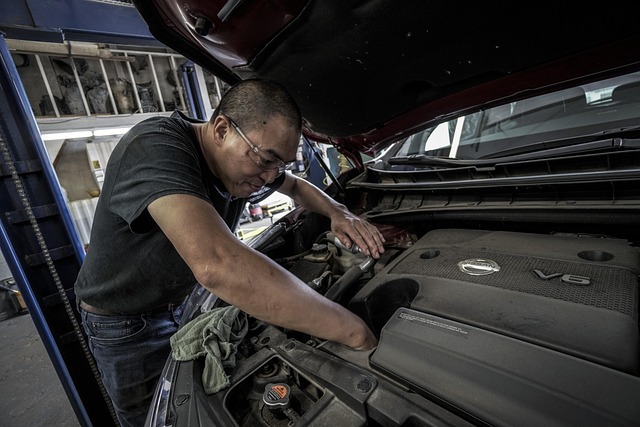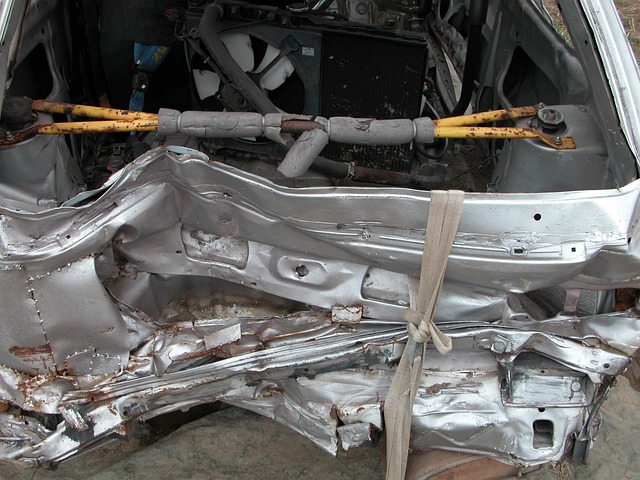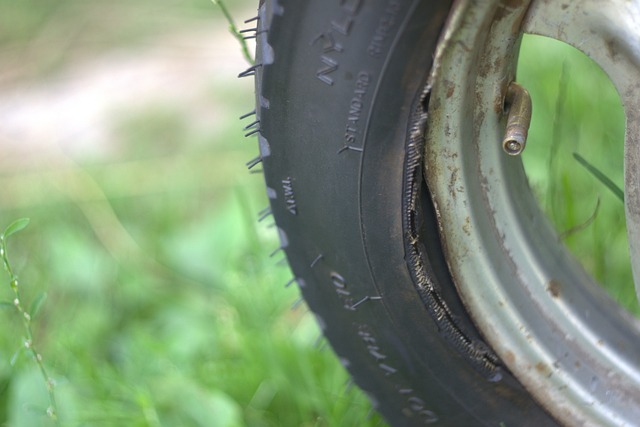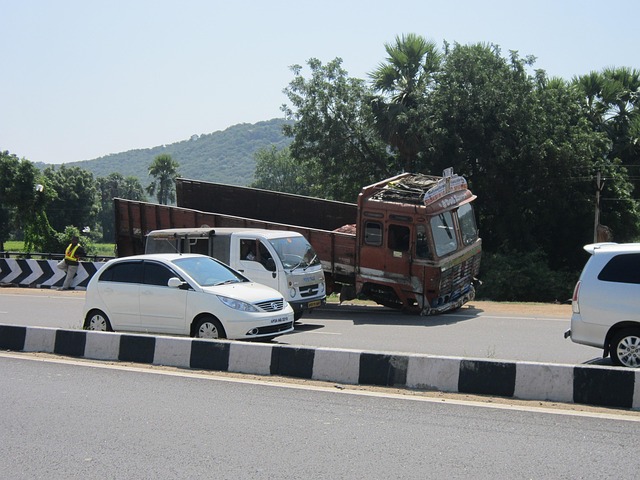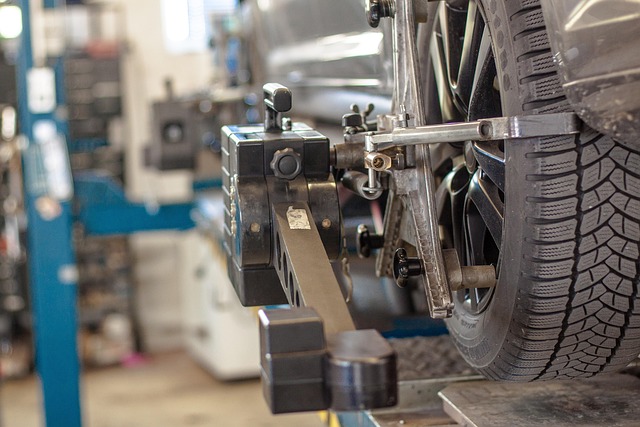When pursuing a frame repair certification, select programs offering up-to-date, comprehensive training with a focus on practical skills in metalworking, welding, and precision measurements. Ensure safety protocols and hazardous material disposal are covered. Hands-on experience with modern equipment is crucial for success. Accredited certifications from recognized programs enhance employability and earning potential, avoiding unvalidated or incomplete training.
When considering a frame repair certification program, be wary of courses that offer unreliable or incomplete training content. Genuine programs should provide comprehensive instruction and hands-on experience to ensure you’re equipped for real-world challenges. Additionally, look for accredited programs recognized within the industry, as these guarantee quality and open doors to better career prospects. Avoid certifications lacking practical experience requirements, as theoretical knowledge alone is insufficient for frame repair expertise.
- Unreliable or Incomplete Training Content
- Lack of Hands-On Experience Requirements
- No Industry Recognition or Accreditation
Unreliable or Incomplete Training Content

When looking into frame repair certification programs, one of the key aspects to steer clear of is unreliable or incomplete training content. A comprehensive and up-to-date curriculum is essential for aspiring auto frame repair technicians. Any program that falls short in covering essential topics like metalworking, welding techniques, and precision measurement tools should be avoided. The goal is to gain practical skills that are directly applicable in a collision repair center, not just theoretical knowledge.
Additionally, make sure the course doesn’t skip critical areas such as safety protocols and proper disposal of hazardous materials, which are integral parts of any auto glass repair or frame repair process. A reliable program should provide hands-on experience with modern equipment and techniques, ensuring graduates are prepared to excel in the industry.
Lack of Hands-On Experience Requirements
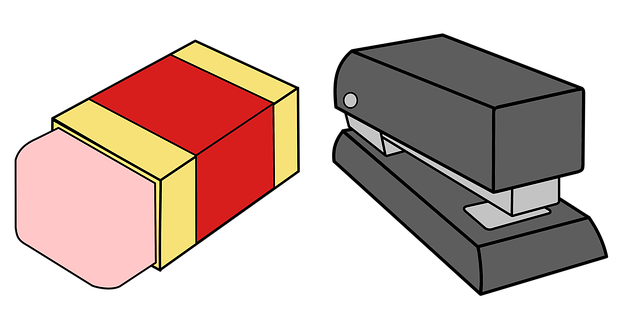
Many frame repair certification programs lack adequate hands-on experience requirements. This can be a significant drawback for aspiring technicians, as practical skills are essential in the intricate world of vehicle collision repair and bumper repair. In a vehicle body shop, precision and expertise are paramount; theoretical knowledge alone is not sufficient to navigate complex repairs.
Without substantial time spent in workshops or training facilities, students may graduate with a limited understanding of how to apply their knowledge in real-world scenarios. This could lead to subpar results in actual frame repair cases, which not only compromises the quality of service but also poses safety risks for future clients and their vehicles.
No Industry Recognition or Accreditation

When considering a frame repair certification program, it’s crucial to steer clear of options that lack industry recognition or accreditation. Legitimate certifications carry weight in the auto industry, especially for roles like automotive collision repair specialists. They attest to a standard level of skill and knowledge, making certified individuals more employable and valuable to auto collision centers.
Without such accreditation, the value of your certification could be questionable. This is particularly important for those seeking careers in specialized areas like paintless dent repair. A recognized frame repair certification can open doors to better job prospects and increased earning potential, ensuring you’re equipped with the skills that matter most in the current market.
When exploring frame repair certification programs, it’s crucial to steer clear of unreliable training content, inadequate hands-on experience requirements, and lack of industry recognition. These are common pitfalls that can leave you with a certification that holds little value in the real world. To ensure your investment is worthwhile, seek out programs that offer comprehensive, up-to-date training, emphasize practical skills development, and are recognized by industry bodies, ensuring you gain a reputable frame repair certification.




